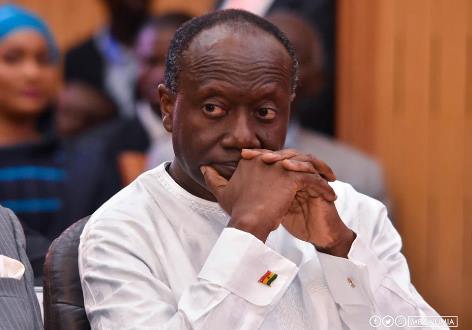
Latest economic and financial data released by the Central Bank puts the country’s debt stock at GHS127 billion at the end of March this year.
This information was released after it met on Friday to review the health of the economy. The data showed that the debt has increased from around GHS122 in December 2016 to GHS127 billion.
This represents an increase of GHS5 billion in the debt stock in three months but sources close to government indicate the increase was not as a result of fresh borrowings.
It says the cedi’s depreciation and some commitment on the part of government contributed to the significant increase in the debt numbers.
The current debt stock of GHS127 billion is still higher than the GHS103 billion recorded in the same period of 2016. However, the GHS127 billion debts account for about 62 percent of the country’s GDP, compared to the 73 percent recorded in December 2016.
External borrowings accounted for GHS71 billion of debt stock, with the remaining GHS55.2 billion coming through domestic borrowings.
It however not clear for now, whether recent debt re-profiling is yet to impact on debt numbers or not.
The current numbers have also reignited the whole debate as to whether Ghana should use the Debt- to-GDP-Ratio or the nominal numbers to assess governments commitment to reduce the public debt.
Some have also asked whether the new Debt to GDP ratio has now move Ghana out of the high risk to debt ration or not.
The Bank of Ghana (BoG) puts the cedi’s year-to-date depreciation at around 1 percent.
The data also revealed that the amount of money outside the banking sector recorded a 22.3 percent growth compared to the 15 percent in the first quarter of 2016.
Credit to the private sector by banks was also increasing, for instance, the data showed that advances stood at GHS36 billion after a 15 percent annual growth.
The banking sector appeared to be in good position according to the data as total assets stood at GHS84 billion representing a 31 percent growth rate, deposits at GHS52.8 billion, while total advances have reached GHS36 billion as at March ending.
However, Non-Performing Loans or loans that most banks fear might go bad has gone up marginally compared to the first quarter of 2016.
Source: ghanapoliticonline




